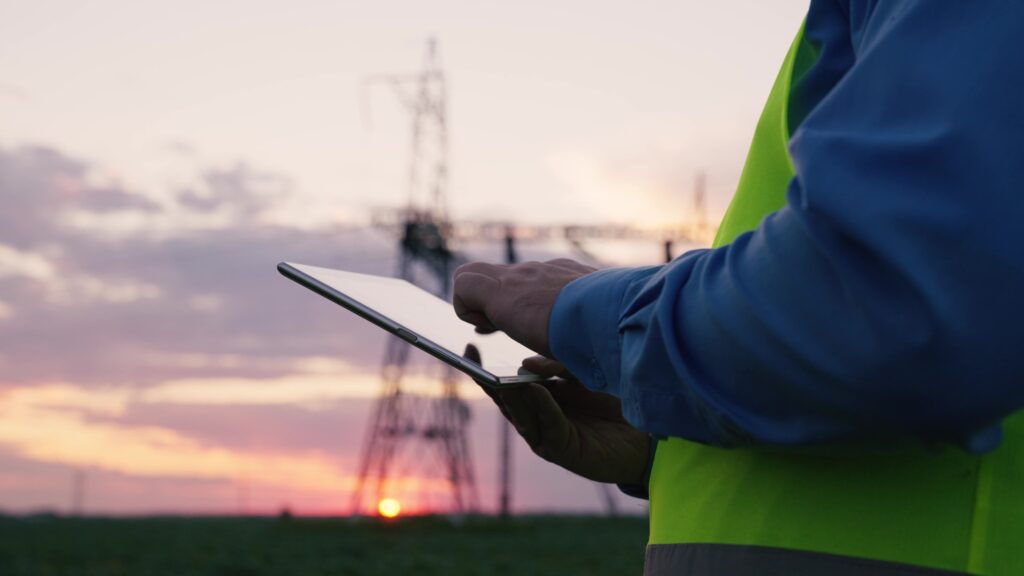NEWS
Alternative water sources to increase your business’ sustainability.

If your business is looking to increase its sustainability credentials, you’ve probably looked at making the switch to renewable energy sources to cut your carbon footprint. Have you looked at your site’s water systems? This is another way that your could cut down your carbon footprint and your Scope 1 emissions. But what options are available if you want to use alternative water sources?
What classes as an alternative water source
Alternative water sources are sustainable sources of water that can help to offset the demand for freshwater. These sources use naturally occurring water sources to take away the need for treatment and pumping of water across different parts of the UK. They will often have a lower carbon footprint than water that is supplied across the water network.
Want to stay up to date with the latest energy news? Check out our LinkedIn!
What are my options for alternative water sources?
Rainwater harvesting
Rainwater harvesting involves collecting and storing any rainwater that lands on your sites. The water would be collected from your site’s roof and then diverted and stored in a tank so that you can use it at a later date. Water collected this way is usually contaminated by pollutants in the atmosphere so it wouldn’t be suited for human consumption straight away. So, you could use the water for sprinklers to keep your sites looking green. Or the water could be treated in line with health and safety standards to create a potable source of water. For larger businesses, these systems are expected to cost around £15,000 to buy and install.
Greywater systems
Greywater is any lightly contaminated wastewater that might come from your sinks, showers etc that could be used for reuse for non-potable sources. For example, for flushing toilets or sprinklers on your premises. This involves having basic treatment facilities on your site which would filter out for any solids. You could also install more sophisticated treatment methods, such as UV treatment and disinfecting. This is a great way to reduce the demand for fresh water and reduce the amount of water that needs to be treated at facilities.
Borehole water supply
This method involves pumping pure water found in underground streams under your business’ site up to the surface through deep, narrow wells. This type of alternative water has a lower risk of contamination and has a higher potability than some of the other sources. However, they still require some treatment and filtering. These can be more financially viable options for businesses if they have the capability to install the pumps necessary.


Why look for alternative water sources?
Diversification and Reliability of water sources
Relying solely on traditional freshwater sources can be risky, especially if you’re in a region prone to droughts or water scarcity. By tapping into alternative water sources, such as rainwater harvesting, businesses can diversify their water supply. This diversification not only ensures a more reliable water source but also reduces vulnerability to water disruptions.
Saves costs on your business water bill
Embracing alternative water sources can significantly impact a business’s bottom line too. While setting up the infrastructure for alternative water sources can have a large upfront cost, the long-term savings will outweigh this. Businesses can reduce their reliance on other, more expensive water sources and potentially even generate savings on water bills. Additionally, wastewater treatment can transform a costly waste management process into a valuable resource for non-potable uses within the business, such as sprinkler systems.
Energy doesn’t need to cost the earth – get your quick quote here!
Positive Environmental Impact
There are also environmental benefits of increasing your use of alternative water sources. Using these sources contributes to the conservation of freshwater. This reduction in demand can help protect sensitive ecosystems, prevent the loss of groundwater reserves, and maintain the flow of rivers and streams. Moreover, by recycling and reusing water, businesses can significantly reduce the amount of wastewater they discharge into local water bodies which minimises pollution and improves overall water quality.
Enhanced Corporate Social Responsibility (CSR)
Consumers today are more conscious of the environmental practices of the businesses they support. By adopting more sustainable water management practices, companies can enhance their corporate social responsibility (CSR) too. This proactive approach to sustainability can help your business to attract environmentally conscious customers, investors, and partners who value sustainability.
Contact us
Want help with your business’ water management? Our team of experts at Flame Energy can help your business to manage its water usage more efficiently to keep both your costs and carbon footprint down. Get in touch with our experts today to find out more about how we can support your business to become more sustainable.




